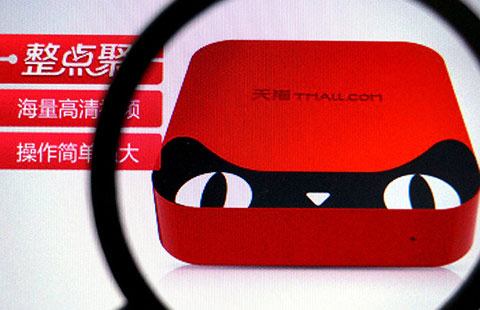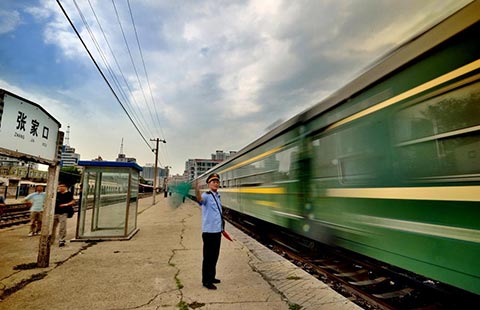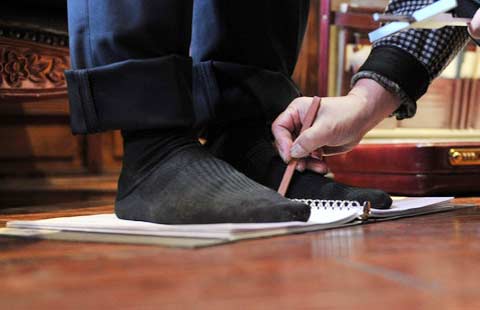Tianhe-2 fuels China's sci-tech progress
(Xinhua) Updated: 2014-06-26 15:01
|
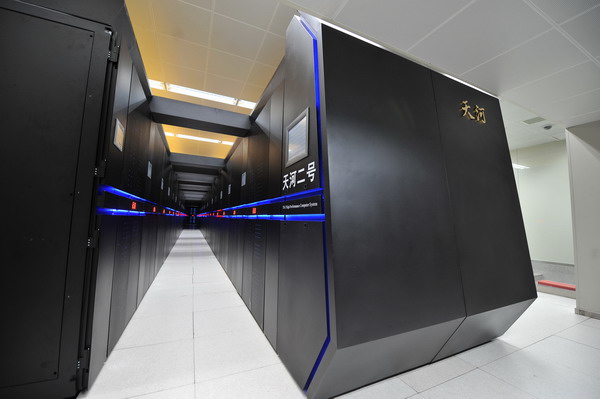 Tianhe-2 retained its top spot for the third consecutive time on the biannual Top 500 list for supercomputers on Monday, according to the National Supercomputer Center in Guangzhou, in South China's Guangdong province, June 24, 2014. [Photo / Xinhua] |
GUANGZHOU - China's Tianhe-2, the world's fastest supercomputer, is boosting science and technological development at home and abroad.
Tianhe-2 retained its top spot for the third consecutive time on the biannual Top 500 list for supercomputers on Monday, according to the National Supercomputer Center in Guangzhou, in South China's Guangdong province.
"It represents a significant change from 'Made in China' to made with China's wisdom," said Yuan Xuefeng, director with the center.
|
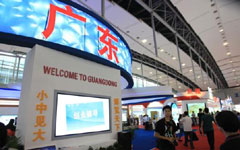 |
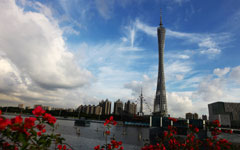 |
Tianhe-2 was developed by the National University of Defense Technology and runs at 33.86 petaflops per second.
Its computing capacity in one hour equals that of the 1.3 billion people in China calculating on calculators for 1,000 years.
The supercomputer has been in commercial operation since April.
"It is driving multiple industries and sci-tech projects with secure high-speed development. It can handle high levels of analyzing, computing and processing," said Yuan.
It completed high-precision calculations of the external flow field around the C919, China's first home-made large passenger jet, in only six days. Without the supercomputer it would have taken about two years.
In the medical field, Tianhe-2 can create three-dimensional reconstructions of aortic aneurysms.
"That means doctors can gain a comprehensive understanding of aneurysms before operating. It can help evaluate and reduce medical risks," said Yuan.
The supercomputer has been used in the country's priority projects, covering energy, bioscience, pollution regulation and high-speed rail design.
It is also being used by foreign institutions. The National Supercomputer Center is working the Georgia Institute of Technology in the United States on the research of anti-HIV drugs.
Tianhe-2 will undergo a systems upgrade in July, said Yuan.
- Transformers dominates China box office
- China's impact beyond commodities
- Mauritius and China Southern Airlines sign partnership agreement
- M&M opens its first Asia flagship store in Shanghai
- Auto manufacturing plants to disappear in Australia
- Hyundai Motor set to expand production at Brazil plant
- China's second-largest hydropower station in full operation
- WTO starts 5th trade policy review of China


